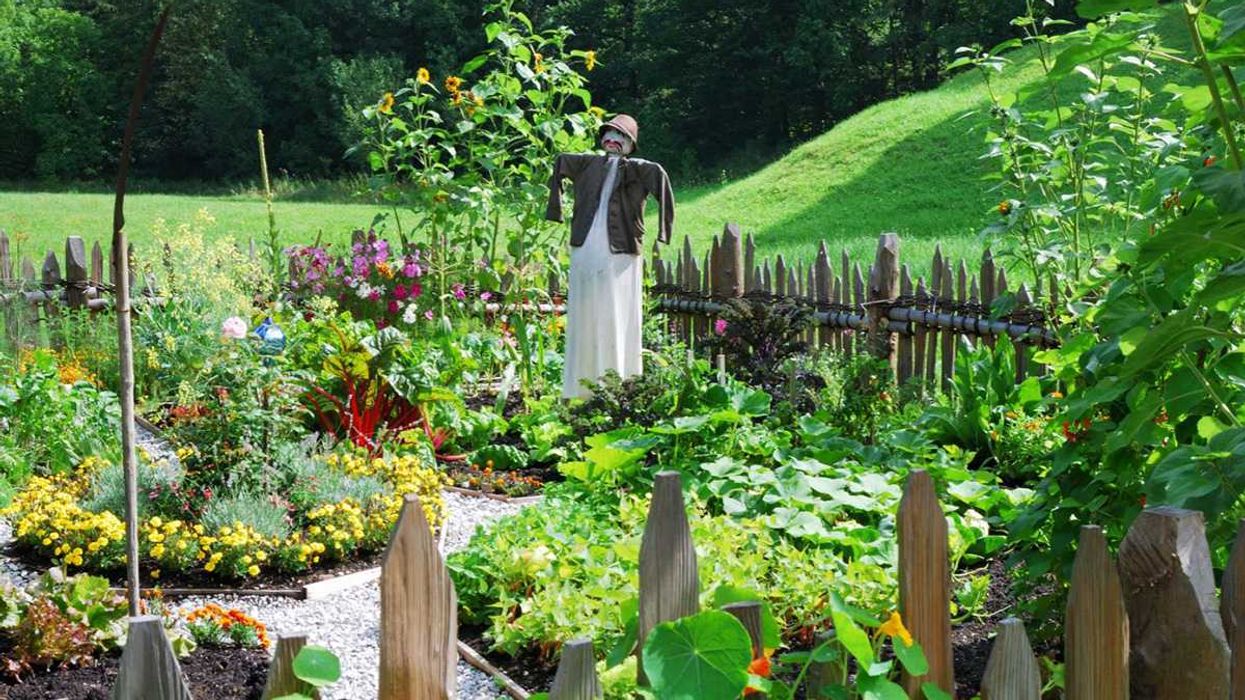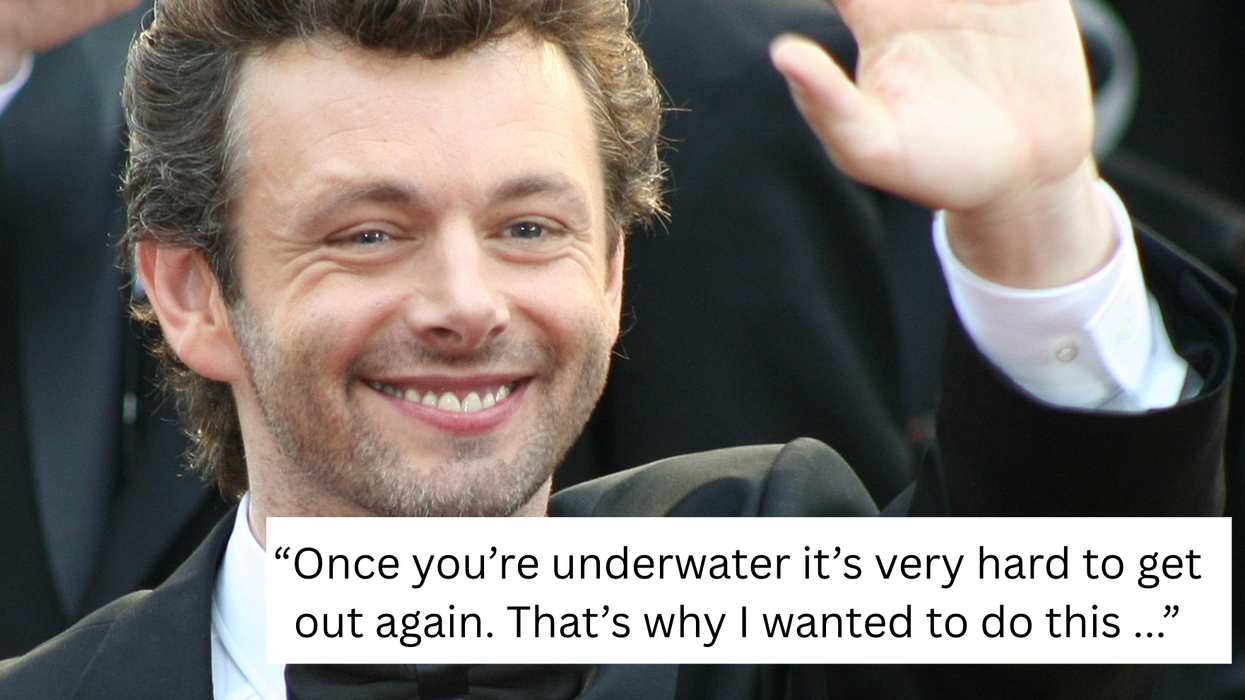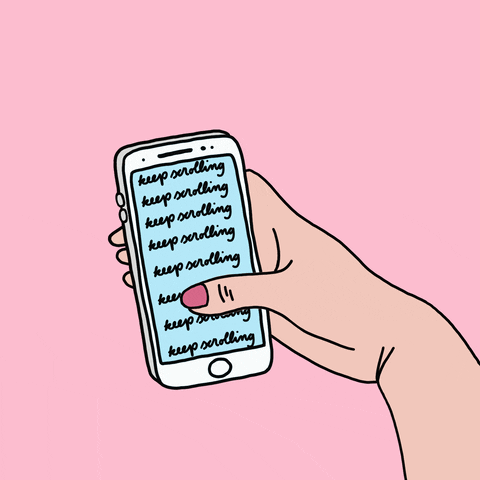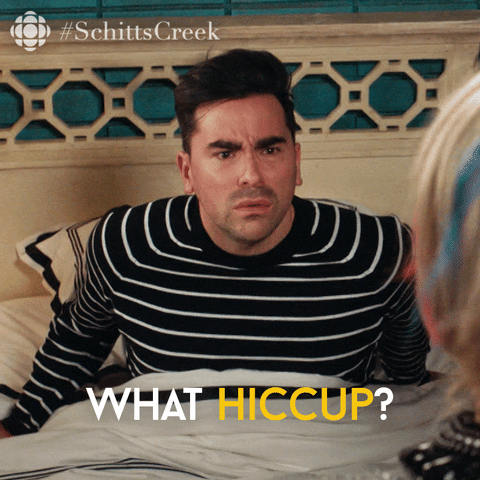GOOD Pictures features work by a new photographer each week, with a focus on up-and-coming artists. It is curated by Stephanie Gonot and Jennifer Mizgata.
The enigmatic images above are from two sets of photographs by Brooklyn-based photographer Brea Souders. The first set, simply titled New Work, is a series of images she made using various objects from her parents' home. The second, Counterforms, is Brea's investigation into her mixed European ancestry. Curators Ariel Shanberg and Akemi Hiatt described Brea's work beautifully:
Using fabric, mirrors, magazine cutouts, and fragmented representations of her own body, Souders composes surreal and dreamlike scenes which oscillate between flatness and illusionary depth. In her efforts to establish a legitimate connection with her personal ancestry, she both utilizes and contradicts the photographs traditional role in preserving memory and connecting lineage. The result is a seductive, yet unyielding surface.
The two sets of images are displayed on Brea's website, but I have blended them together in to showcase the graphic quality of her work. Visit her site for more alluring images.
















 Hungry and ready.Photo credit
Hungry and ready.Photo credit  The mac and cheese staple presentation.Photo credit
The mac and cheese staple presentation.Photo credit  Pizza ready from the oven.Photo credit
Pizza ready from the oven.Photo credit  Friends hover around the barbeque.Photo credit
Friends hover around the barbeque.Photo credit  Seafood platter on the beach.Photo credit
Seafood platter on the beach.Photo credit  Scarecrow watches over a vegetable garden.Photo credit
Scarecrow watches over a vegetable garden.Photo credit 


 A therapist listens to a patientCanva
A therapist listens to a patientCanva Animated gif of someone scrolling through phone via
Animated gif of someone scrolling through phone via  A couple purchasing new car wrapped in a bow at the dealershipCanva
A couple purchasing new car wrapped in a bow at the dealershipCanva Man presses button a smart fridgeCanca
Man presses button a smart fridgeCanca A woman sits alone on the beachCanva
A woman sits alone on the beachCanva

 Gif from Schitt's Creek via
Gif from Schitt's Creek via 
 People on a beautiful hike.Photo credit:
People on a beautiful hike.Photo credit:  A healthy senior couple.Photo credit:
A healthy senior couple.Photo credit:  A diverse group of friends together.Photo credit:
A diverse group of friends together.Photo credit:  A doctor connects with a young boy.
A doctor connects with a young boy.  Self talk in front of the mirror.Photo credit:
Self talk in front of the mirror.Photo credit:  Lightbulb of ideas.Photo credit
Lightbulb of ideas.Photo credit 